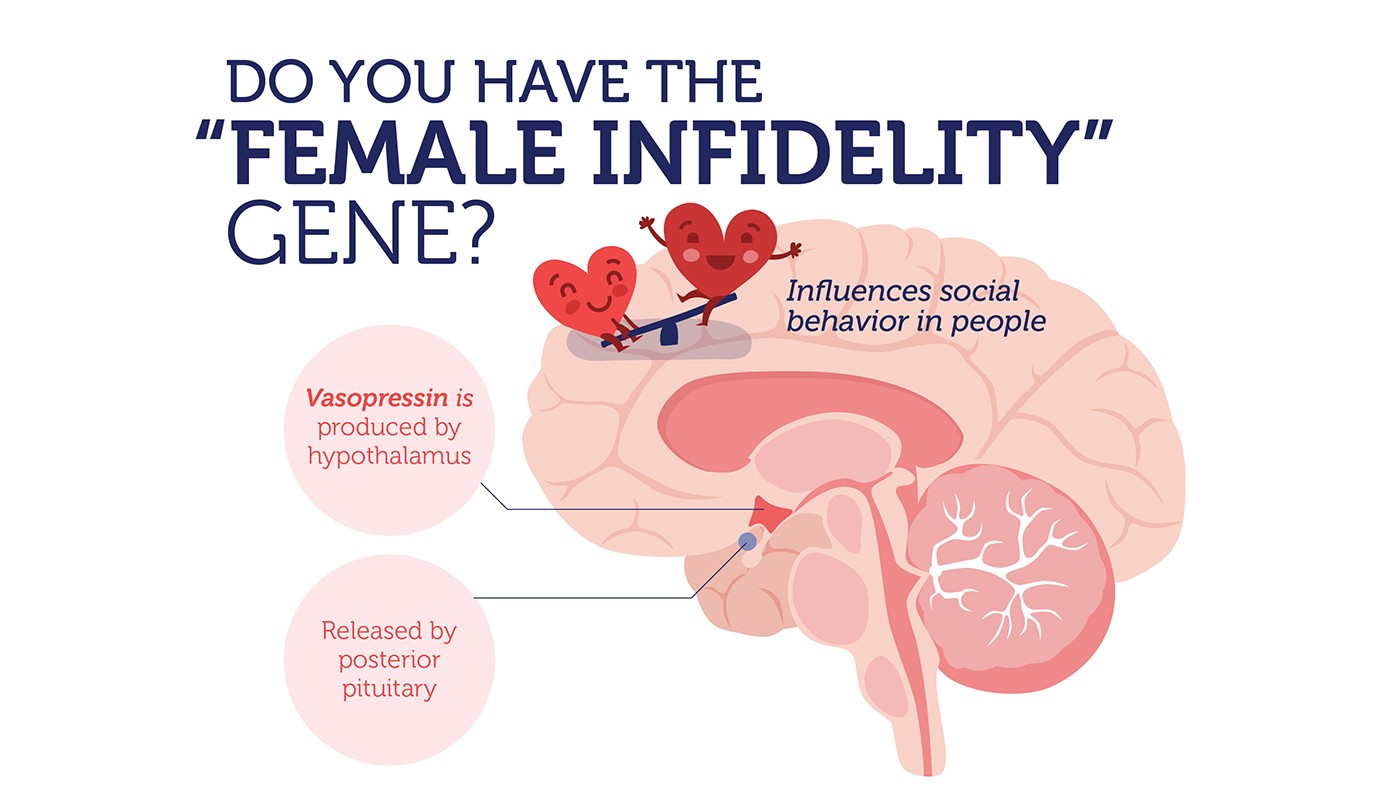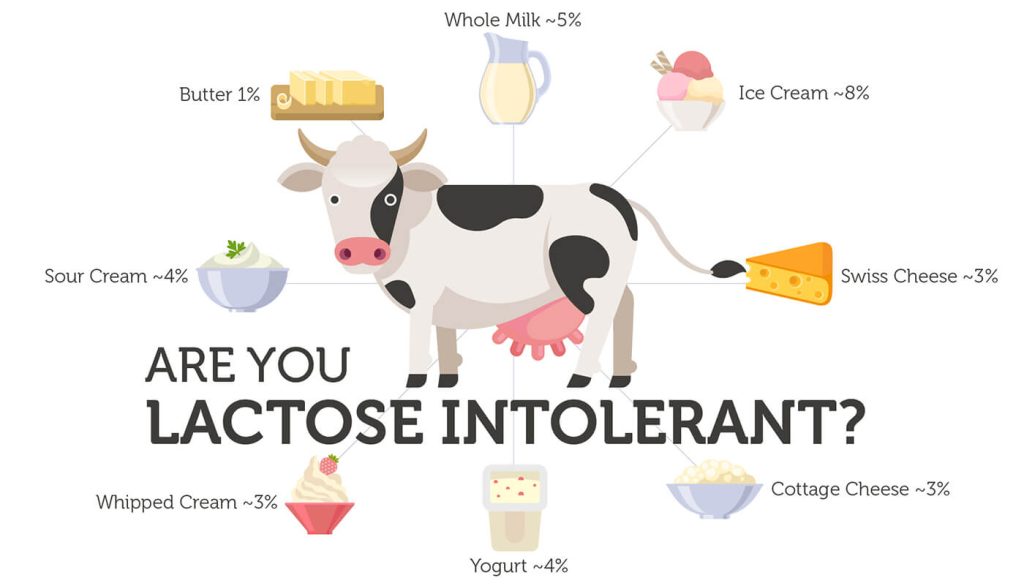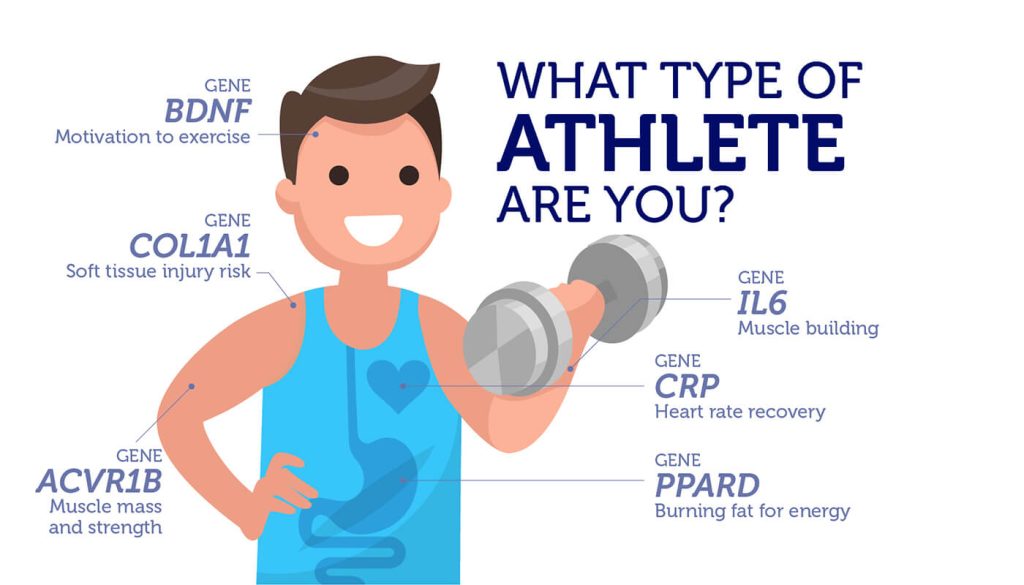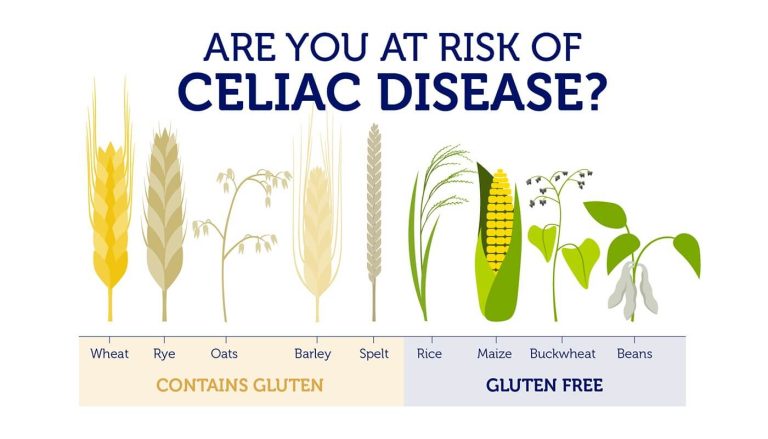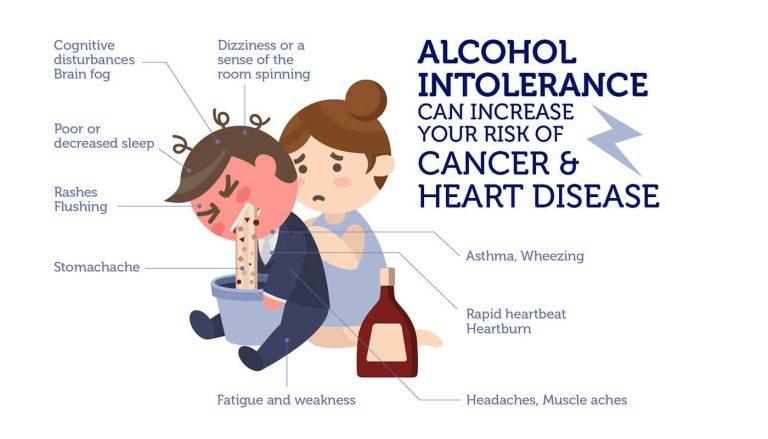Paternity tests used to be something that only happened on TV. Today, you can order a paternity test kit and have the results back within just a few days.
As a society, we are quick to suspect a man of infidelity. We are much less likely to suspect a woman of cheating on her partner. But, according to one study, women with certain genetic changes in the AVPR1A gene have an increased tendency to cheat on their partners.
Vasopressin on social behavior
Vasopressin is a hormone that controls water retention and blood pressure. However, when released directly into the brain, vasopressin can influence social and sexual behavior.
The AVPR1A gene, which encodes the vasopressin receptor, already has a reputation for affecting relationships in men. Men with the RS3 334 version of the AVPR1A gene, are less likely to form strong bonds with their partners.
Dancers, athletes and musicians all have different genetic versions of the AVPR1A gene. These changes appear to influence the pathways in the brain that we use when connecting with other people.
Now, yet another DNA change appears to transform AVPR1A into the “female infidelity” gene.
The “female infidelity” gene
A wealth of animal studies show that AVPR1A may have a role in promiscuity and sexual motivation. However, perhaps to reduce social stigma, the researchers studying these genetic changes in people, chose to label this behavior as “extrapair mating”.
Of the women who participated in this study, 6.4% had been unfaithful to their spouses in the past year. And, a majority of these unfaithful women had genetic changes in AVPR1A, suggesting that women with altered forms of AVPR1A were more likely to form extrapair bonds, i.e. cheat on their spouses!
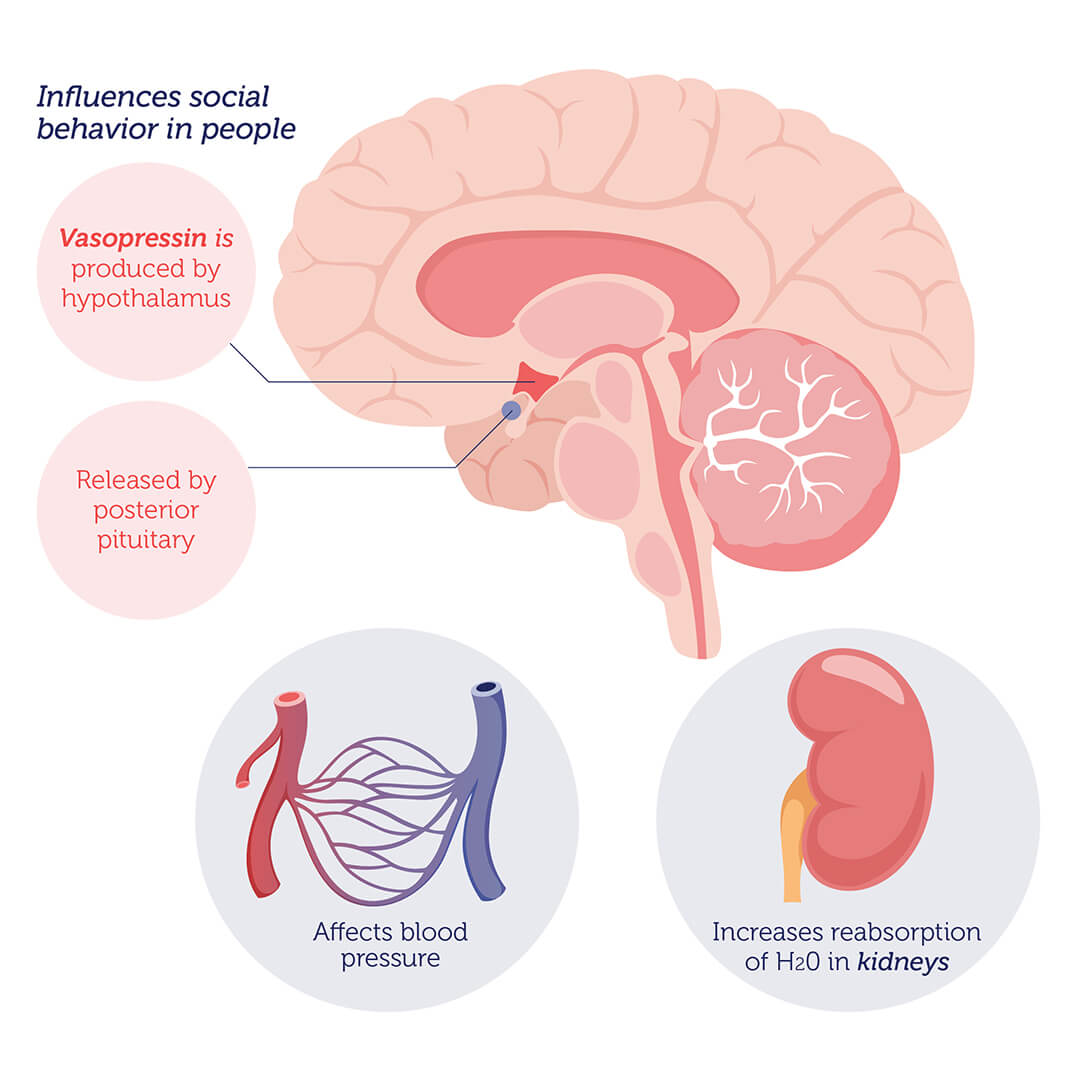
No apparent affect on men
While there has been a long-standing link between other AVPR1A changes and diminished pair-bonding in men, the unfaithful men in this study (9.8%) did not have the same genetic changes found in unfaithful women.
So, even though genetic changes in AVPR1A influence relationships in both men and women, the specific changes that makes this gene ‘bad’ appear to be gender specific.
A biological conundrum
Science can explain the tendency for infidelity in men. A man who mates with multiple women will spread his genetic material more widely by leaving behind more children.
However, this biological explanation may have tainted our perspective of cheating. We may not yet be able to scientifically justify infidelity in women, but it seems that we can no longer simply blame men for the increased need for relationship testing.
Are you genetically predisposed to cheat?
If women carrying the female infidelity gene are genetically pre-programmed for extrapair mating, can we call the behavior “cheating”? This question leads to a larger question: how much of our behavior can we blame on our genes?
As we enter the new age of genome sequencing, when knowing our genetic makeup will help prevent diseases and get us better treatments, we really need to stop and consider how our increasing understanding of our own genetic sequence will change our lives forever.
Would you want to know if you are at risk of being unfaithful because of your DNA? Take the Female Infidelity Gene AVPR1A Test to find out.


